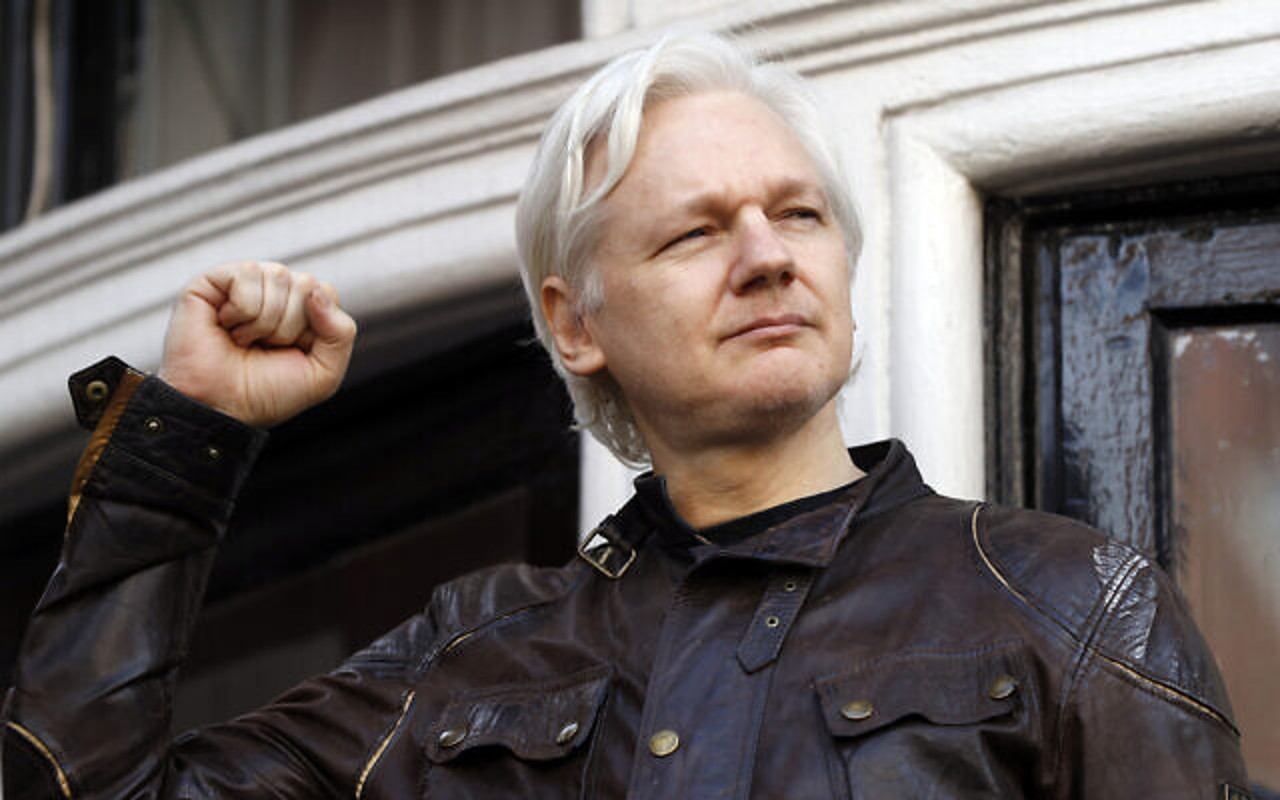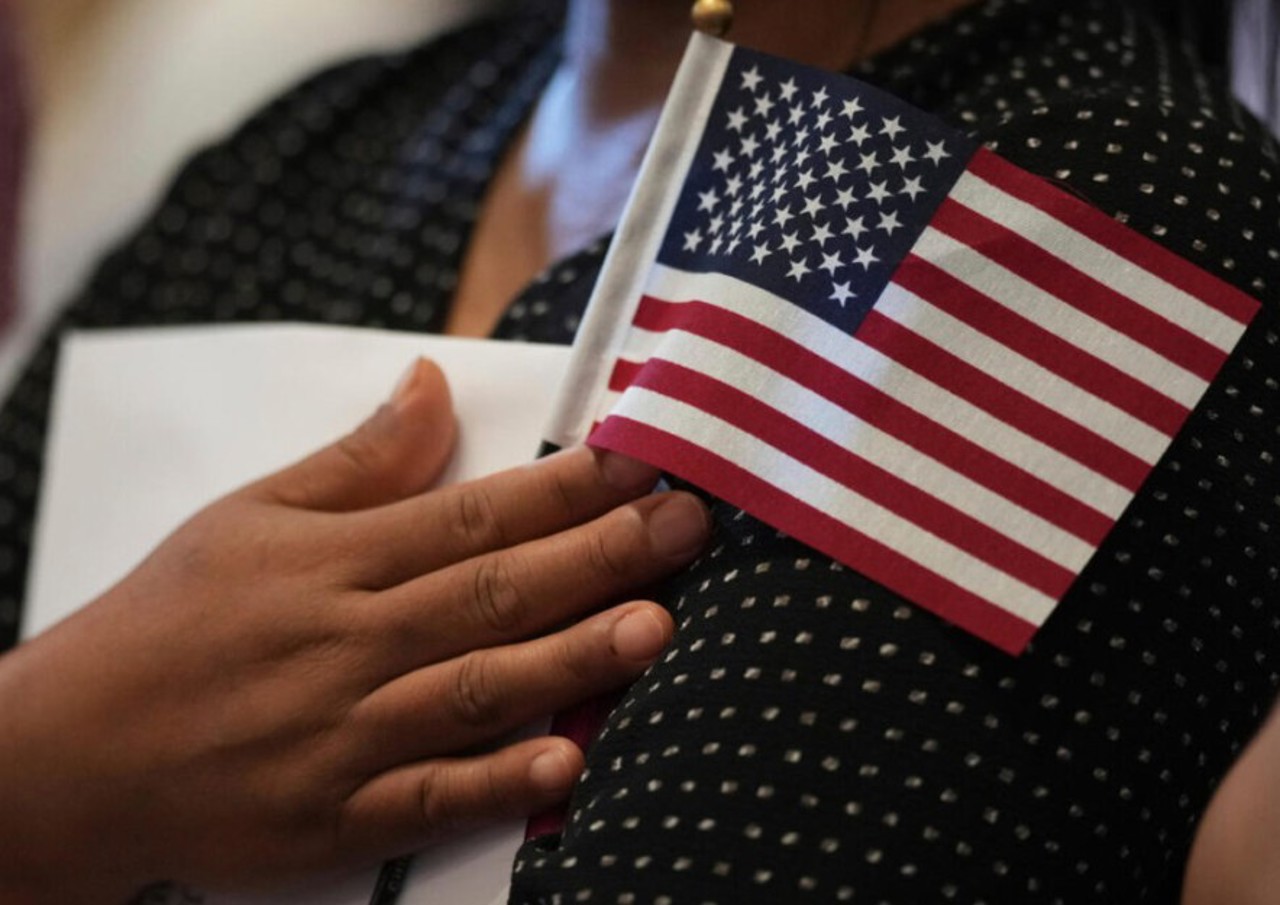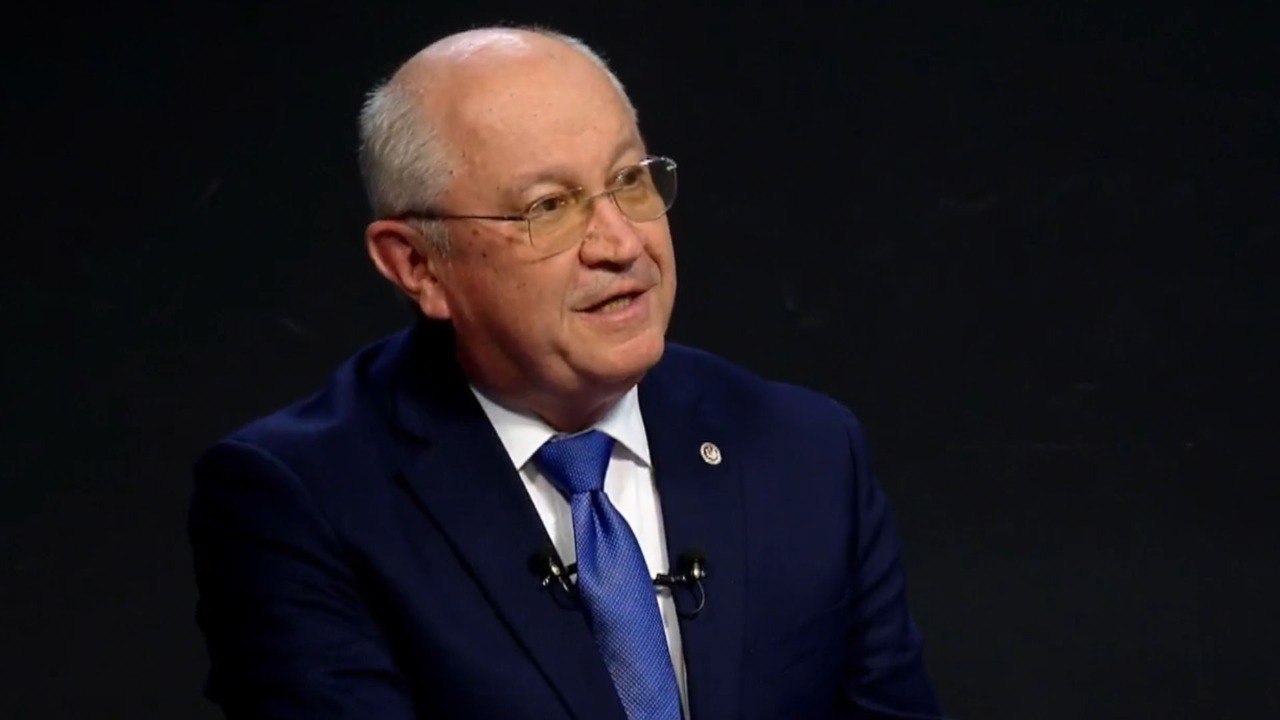Assange's Plea Deal: Impact on Press Freedom
Julian Assange, founder of WikiLeaks, is scheduled to plead guilty on Wednesday to a charge under the US Espionage Act as part of an agreement with the US Department of Justice.

This arrangement will bring an end to his imprisonment in the United Kingdom and facilitate his return to Australia, marking the culmination of a 14-year legal saga, according to Reuters.
According to court documents, Assange will admit to conspiring to obtain and disclose classified national defense information, as reported by The Times of Israel.
The decision to hold the plea hearing in Saipan stems from Assange's refusal to travel to the continental United States and his proximity to Australia, as reported by The Guardian.
The agreement has stirred controversy and drawn criticism from supporters of press freedom, who view this decision as a threat to investigative journalism and press freedom in general, Reuters reports.
Following a global campaign and extensive support from press freedom activists, Assange is preparing to return to Australia, where his arrival is eagerly anticipated by family and supporters.
The agreement marks a significant milestone in Assange's saga, which began with his arrest in the UK in 2010 and concluded with his extradition from the Ecuadorian embassy in 2019.
Translation by Iurie Tataru





